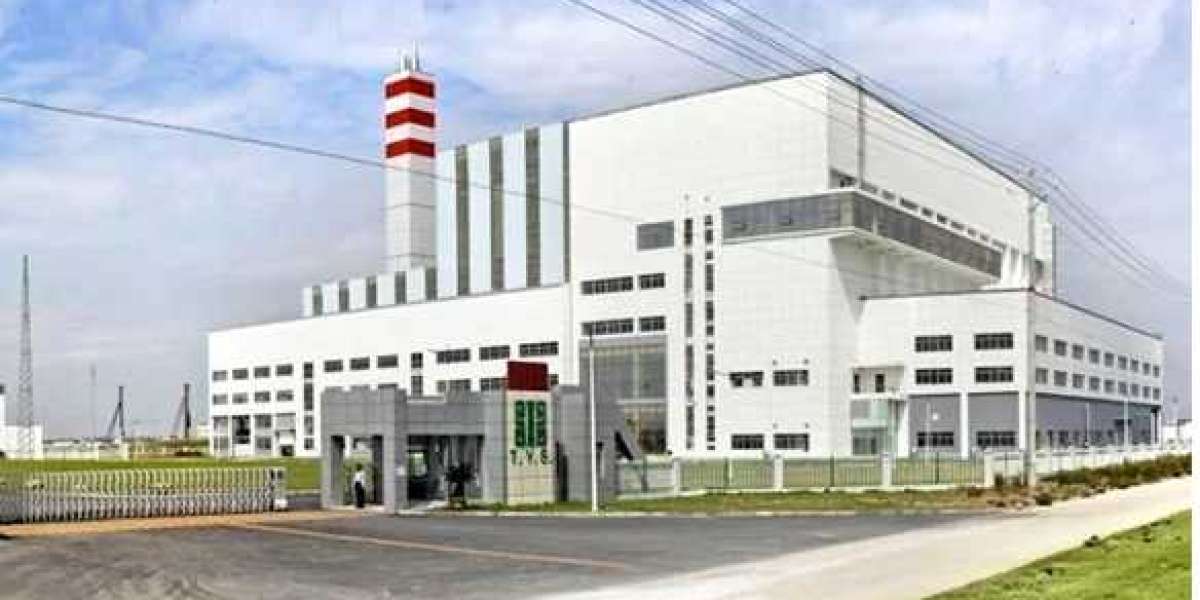Coal-fired boilers play a significant role in the energy sector, but concerns about their environmental impact have sparked interest in cleaner alternatives. Recent research delves into the efficiency and emissions of coal-fired boilers, shedding light on their operational challenges and potential for improvement. Understanding the current landscape is crucial for informed decision-making regarding energy production and environmental sustainability. This blog post explores key findings and implications of the latest studies on coal-fired boilers, offering valuable insights for stakeholders in the energy industry. Stay tuned to discover how advancements in technology and regulations are shaping the future of coal-fired boiler usage.
Basic Functions and Purpose
Design
Coal-fired boilers are specifically designed to generate heat by burning coal, which is then used for various heating applications. The design of these boilers includes combustion chambers, where the coal is burned to produce heat. This heat is then transferred to water, creating steam that can be utilized for heating purposes. The efficiency of the design plays a crucial role in ensuring optimal heat generation and distribution throughout the heating system.
Efficiency
The primary function of coal-fired boilers lies in their efficiency in providing heat for residential, commercial, and industrial spaces. These boilers are designed to offer a cost-effective solution for heating needs, making them a popular choice in regions where coal is abundant and affordable. Their efficient operation ensures that heating requirements are met without excessive energy consumption, resulting in lower overall heating expenses for users.
Cost-Effectiveness
One significant advantage of coal-fired boilers is their cost-effectiveness in comparison to other traditional heating systems. The design and operation of these boilers allow for the utilization of coal as a fuel source, which is often more economical than alternative fuels. By relying on coal as a primary fuel source, users can benefit from reduced heating costs while maintaining consistent and reliable heat output. The long lifespan of well-maintained coal boilers contributes to their cost-effectiveness over time.
How Coal Boilers Work
Operational Process
Coal boilers, such as coal stoker boilers and coal gun boilers, operate by burning coal to generate heat. The combustion of coal in the boiler produces high-pressure steam that drives turbines connected to generators, producing electricity. These boilers utilize a Thermo Ash-Regulating Control System to regulate ash buildup and maintain efficient operation.
Operating Steps
To ensure optimal performance, operating a coal boiler involves simple steps. First, load the coal into the combustion chamber using automated systems found in residential coal boilers. Next, ignite the coal to initiate the combustion process. Regularly monitor the boiler's temperature and adjust settings to maintain consistent heat output. Lastly, periodically remove ash buildup to prevent operational issues and ensure longevity.
Fuel Efficiency and Maintenance
One of the key advantages of coal-fired boilers is their fuel efficiency. These boilers can efficiently burn coal, converting it into heat energy with minimal waste. Coal boilers have relatively low maintenance requirements compared to other heating systems. With proper upkeep and periodic inspections, coal boilers can provide consistent heat output for extended periods.

Industry Applications
Versatile Integration
Coal-fired boilers find versatile integration across various industries, serving as a reliable source of heat generation. These boilers play a crucial role in powering different heating systems, including hydronic, forced hot air, and steam systems. The adaptability of coal boilers makes them suitable for diverse industrial applications, ensuring consistent and efficient heat production.
Longevity and Reliability
One significant advantage of coal-fired boilers in industrial settings is their longevity and reliability. These boilers are designed to withstand high temperatures and heavy usage, making them ideal for continuous operation in demanding environments. The robust construction of coal boilers ensures extended service life, providing a cost-effective heating solution for industries over an extended period.
Environmental Impact
While coal-fired boilers offer exceptional heat generation capabilities, it is essential to consider their environmental impact. The combustion of coal releases pollutants into the atmosphere, contributing to air pollution and greenhouse gas emissions. Industries utilizing coal boilers must implement stringent emission control measures to minimize environmental harm and comply with regulations. Despite their efficiency in heat production, the environmental considerations surrounding coal-fired boilers remain a critical aspect for sustainable industrial operations.
Pros of Coal-fired Boiler
Efficiency
Coal-fired boilers are known for their high efficiency in converting coal into energy, making them cost-effective for many industries. The combustion process in these boilers ensures maximum heat generation.
In comparison to other types of boilers, coal-fired boilers have a longer lifespan, which is advantageous for businesses looking for a durable heating solution.
Availability
One significant advantage of coal-fired boilers is the readily available fuel source. Coal is abundant in many regions, providing a stable and consistent fuel supply for industrial operations.
Operating a coal-fired boiler allows for flexibility in fuel storage, as coal can be stockpiled on-site for extended periods without deterioration.
Cost-Effectiveness
Businesses often opt for coal-fired boilers due to their affordability. The initial investment cost for installing a coal-fired boiler is relatively lower compared to other heating systems.
Moreover, the maintenance and operational costs of coal-fired boilers are manageable, contributing to long-term cost savings for companies.

Closing Thoughts
The exploration of the basic functions, operational mechanisms, industry applications, and advantages of coal-fired boilers sheds light on their significant role in various sectors. Understanding how these boilers operate and the benefits they offer can provide valuable insights for industries looking to optimize their energy production processes efficiently.
Considering the robust nature of coal-fired boilers in generating cost-effective energy solutions, it is essential for industries to evaluate their specific needs and assess whether integrating such systems aligns with their operational requirements. By delving deeper into the intricacies of coal boilers and leveraging their advantages intelligently, organizations can enhance their overall operational efficiency and contribute to sustainable energy practices.








